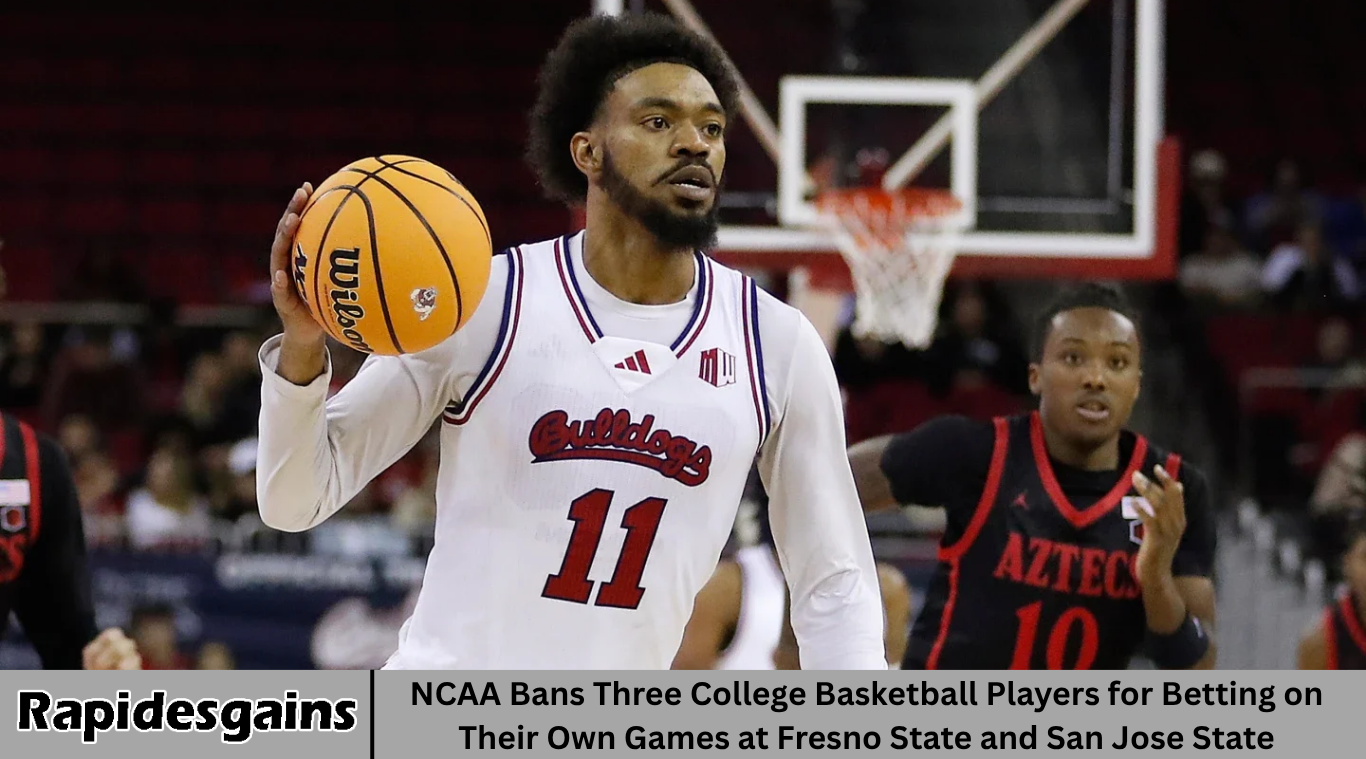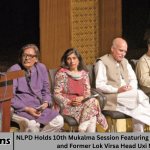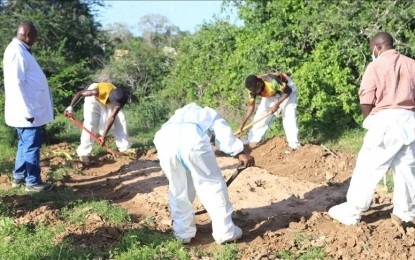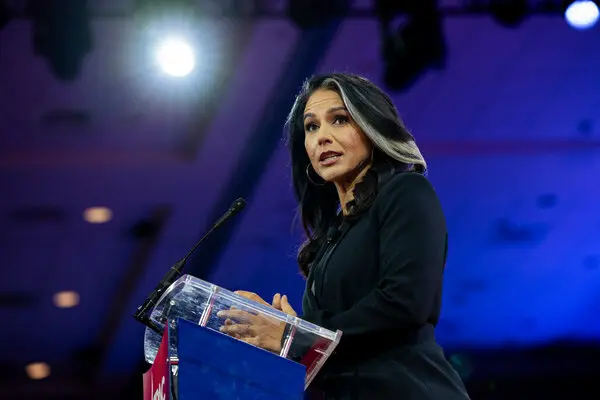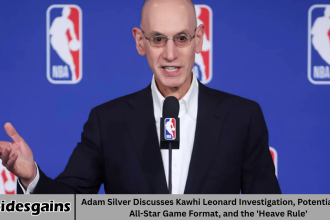The NCAA has recently taken strong action by banning three college basketball players from Fresno State and San Jose State for betting on their own games. This serious violation of NCAA rules has resulted in the permanent revocation of their eligibility to compete in college sports. The decision highlights the NCAA’s strict stance against gambling-related misconduct in college athletics.
- What Happened at Fresno State and San Jose State?
- NCAA’s Response to Betting Violations
- Impact on Fresno State and San Jose State Basketball Programs
- Sports Betting and College Athletics: A Growing Concern
- NCAA Efforts to Combat Gambling Violations
- Legal and Ethical Implications
- Frequently Asked Questions
- What exactly did the banned players do?
- What penalties did the NCAA impose on these players?
- Why is betting on college games such a serious violation?
- How does this affect the basketball teams involved?
- What is the NCAA doing to prevent future betting violations?
- Can student-athletes bet on professional sports?
- What should a student-athlete do if approached to bet on a game?
Sports betting has become a growing concern in college sports, as it can affect the integrity of games and the safety of athletes. This article explores the details of the case, the impact of the bans, and the broader implications for college basketball and the NCAA.
What Happened at Fresno State and San Jose State?
The three basketball players were found to have bet on games in which they themselves participated. This action is a clear violation of NCAA rules and federal law, as players are strictly prohibited from engaging in any form of betting on college sports.
The investigation revealed that these athletes used sports betting platforms to place wagers on their own performances and outcomes of their games. This manipulation puts the fairness of competition at risk and damages the reputation of college basketball programs.
NCAA’s Response to Betting Violations
The NCAA responded swiftly and decisively by permanently banning the involved players from competing in any college sports. This is a serious penalty that reflects the organization’s commitment to protecting the integrity of college athletics.
The NCAA also emphasized the importance of education and awareness programs for student-athletes, coaches, and staff to prevent such violations from happening in the future. They are increasing efforts to monitor gambling activities and enforce rules strictly.
Impact on Fresno State and San Jose State Basketball Programs
The bans have significant consequences for both Fresno State and San Jose State basketball teams. Losing key players affects team performance and morale. Coaches must now focus on rebuilding trust and maintaining a clean program.
These incidents also bring unwanted attention to the schools, highlighting the need for stronger safeguards and education about the dangers of sports betting. Both programs are likely reviewing their policies to prevent similar issues.
Sports Betting and College Athletics: A Growing Concern
Sports betting has become more accessible with online platforms, increasing the temptation for athletes to engage in gambling. The NCAA and other sports organizations are concerned about the potential for game-fixing, corruption, and exploitation.
The recent cases serve as a warning to student-athletes everywhere that betting on sports is strictly forbidden and carries severe consequences. Protecting fair competition is essential to the future of college sports.
NCAA Efforts to Combat Gambling Violations
To combat the risks of sports betting, the NCAA has launched education campaigns and partnered with monitoring agencies. These efforts aim to inform athletes about the rules, risks, and penalties related to gambling.
The NCAA also encourages players to report any suspicious activity or pressure related to betting. Early detection and prevention are key to stopping gambling problems before they affect the sport.
Legal and Ethical Implications
Betting on one’s own games raises serious legal and ethical questions. It violates NCAA bylaws and can lead to criminal investigations. Such behavior undermines the core values of sportsmanship, fairness, and honesty.
Student-athletes are role models, and their conduct impacts the reputation of their schools and the NCAA. The harsh penalties send a message that gambling violations will not be tolerated in college sports.
Frequently Asked Questions
What exactly did the banned players do?
They bet on basketball games in which they participated, which is against NCAA rules and federal law.
What penalties did the NCAA impose on these players?
The NCAA permanently revoked their eligibility to compete in college sports.
Why is betting on college games such a serious violation?
It threatens the integrity of the sport and can lead to game-fixing or unfair advantages.
How does this affect the basketball teams involved?
The teams lose important players, which can hurt their performance and reputation.
What is the NCAA doing to prevent future betting violations?
They are increasing education efforts, monitoring, and encouraging reporting of suspicious activities.
Can student-athletes bet on professional sports?
No, NCAA rules prohibit athletes from betting on any sports events, including professional games.
What should a student-athlete do if approached to bet on a game?
They should report the incident immediately to school or NCAA officials to prevent violations.
Conclusion
The NCAA’s decision to ban three college basketball players from Fresno State and San Jose State for betting on their own games shows the seriousness with which gambling violations are treated in college athletics. This case highlights the ongoing challenges sports betting poses to the integrity of the game.
Protecting fair competition and educating athletes are essential steps in addressing this issue. Schools, players, and governing bodies must work together to ensure college sports remain clean, honest, and enjoyable for everyone involved.

